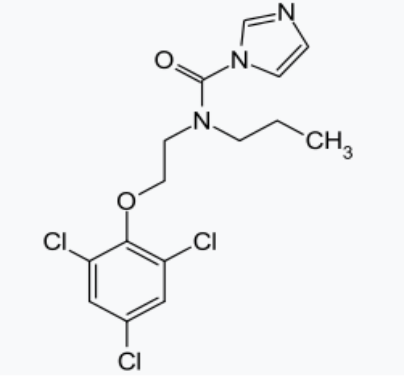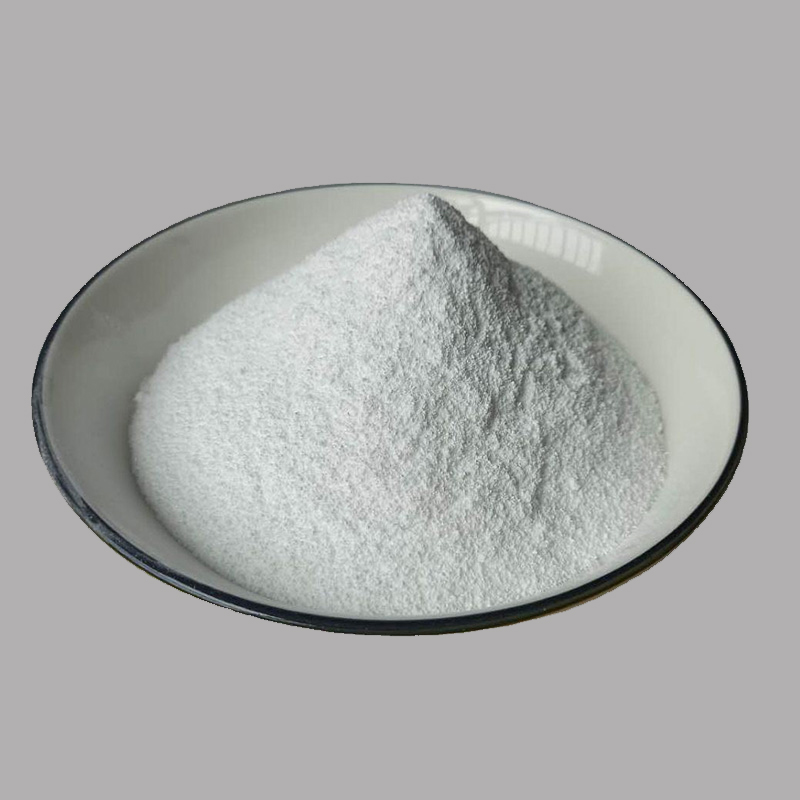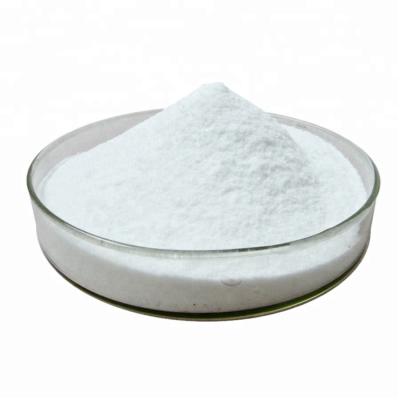Prochloraz Imidazole Fungicide
Common name: Prochloraz
Chemical name:
N-propyl-N-[2-(2,4,6-trichlorophenoxy)ethyl]-1H-imidazole-1-carboxamide
Molecular formula: C15H16Cl3N3O2
Prochloraz has the effect of curing and eradicating various diseases on field crops, fruits, vegetables, turf and ornamental plants.
Common name: Prochloraz
Chemical name:
N-propyl-N-[2-(2,4,6-trichlorophenoxy)ethyl]-1H-imidazole-1-carboxamide
Molecular formula: C15H16Cl3N3O2
Structural formula:

Molecular weight: 376.67
CAS No. : 67747-09-5
Product description:
Prochloraz, also known as Promethazine, Promethazine, Shibaoke, and Prochloraz, is an imidazole broad-spectrum pesticide fungicide, which acts by inhibiting the biosynthesis of sterols. Although it does not have a systemic effect, it has certain conductivity properties. It has obvious control effect on various crops caused by ascomycetes and semi-Chemicalbook bacteria. It can also be mixed with most fungicides, insecticides, and herbicides, and has good control effects. Prochloraz has the effect of curing and eradicating various diseases on field crops, fruits, vegetables, turf and ornamental plants.
Physical and chemical properties:
Orange-yellow needle-like crystals. Insoluble in water, slightly soluble in ethanol, benzene, ethyl acetate, soluble in ether and hot acetic acid. Boiling point is 20℃~21℃ (under pressure of 26.66 Pa)
Specifications:450g/L EW, 250g/L EW
Usage:
Prochloraz is suitable for rice, wheat, rapeseed, soybean, sunflower, sugar beet, citrus, grape, banana and many kinds of vegetables, flowers, etc. It can prevent and treat rice bakanae disease, rice blast, flax leaf spot, wheat head blight, soybean anthracnose, brown spot, sunflower anthracnose, sugar beet brown spot, citrus anthracnose, stalk rot, Chemicalbook green mold, Cucumber anthracnose, gray mold, powdery mildew, black rot of litchi and other diseases. It is often used as a fruit dip or foliar spray.
Note: Prochloraz is stable under normal temperature and neutral medium, and decomposes in concentrated acid and alkali medium. It should not be mixed with strong acid and strong alkaline pesticides. Do not pollute fish ponds, rivers or ditches when applying pesticides.
Submitted successfully
We will contact you as soon as possible




